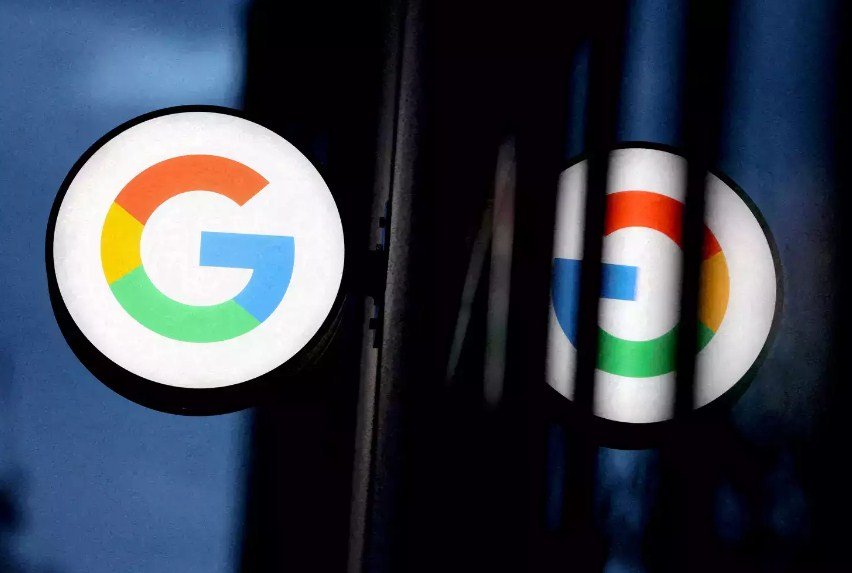The U.S. Supreme Court has declined to hear a case against Google over its anti-malware technology in its Chrome web browser, effectively ending a decade-long legal battle between the tech giant and two inventors.
A $20 million verdict overturned
The case began in 2013, when Alfonso Cioffi and Allen Rozman sued Google in East Texas federal court, alleging that the anti-malware functions in Chrome infringed their patents for technology that prevents malware from accessing critical files on a computer. A jury ruled in favor of the inventors in 2017 and awarded them $20 million in patent-infringement damages plus ongoing royalties, which their attorney said at the time were expected to total nearly $7 million per year for the next nine years.
However, in April 2023, the U.S. Court of Appeals for the Federal Circuit invalidated the patents, nullifying the verdict. The appeals court said that the three patents, which were reissued from an earlier patent, did not meet the legal requirement of covering subject matter that was disclosed in the original patent.
The inventors appealed to the Supreme Court, arguing that the decision “erects another barrier for patentees to obtain patent rights on inventions that would otherwise be deemed novel and patentable.” They also claimed that the U.S. patent system has been “under siege for decades by big technology companies, such as Respondent, to weaken patents and the patent system for their own benefit.”
The Supreme Court’s silence
The Supreme Court, however, refused to review the case, without giving any explanation. The court’s order, issued on Monday, November 13, 2023, simply stated that the petition for a writ of certiorari was denied. This means that the lower court’s ruling stands, and Google does not have to pay any damages or royalties to the inventors.
A Google spokesperson said the company had no comment on the Supreme Court’s decision. The inventors’ attorney did not immediately respond to a request for comment.
The implications for online innovation
The case is one of several that the Supreme Court has taken or considered taking this term that involve the internet and technology. The court is also expected to rule on whether state laws that prohibit social media platforms from removing or moderating content violate the platforms’ free speech rights, whether federal agencies and officials can pressure platforms to censor speech they deem harmful, and whether public officials can block or exclude users from their social media accounts based on their views.
The court’s decisions on these cases could have significant impacts on how online platforms operate, how governments regulate online speech, and how public officials communicate with their constituents. The court’s refusal to hear the case against Google over Chrome technology, however, suggests that the court is not eager to intervene in patent disputes that could affect online innovation.

